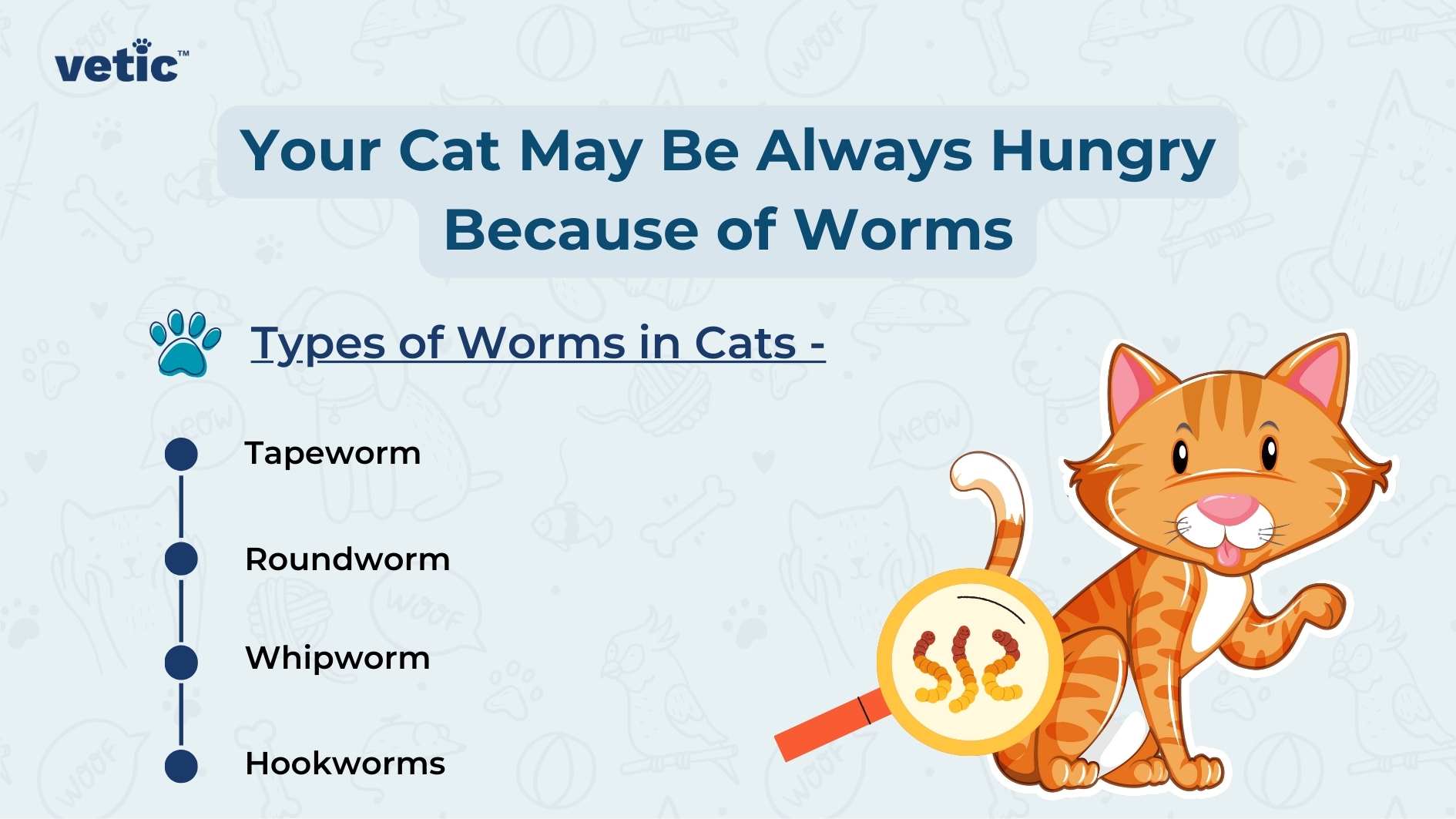In the enigmatic world of felines, the insatiable appetite of our furry companions frequently enough leaves us puzzling over the question, “Why is my cat always hungry?” Embarking on an exploration of the underlying causes behind this feline phenomenon, this article will delve into the diverse factors influencing a cat’s hunger and help illuminate when it’s time to seek professional guidance. From exploring medical conditions to addressing behavioral triggers, we aim to provide a comprehensive understanding of what drives a ravenous feline and when it becomes a concern.
Exploring the Underlying Causes of a Hungry Cat
Underlying Medical Conditions:
- Diabetes: diabetes mellitus is a condition where the body is unable to regulate blood sugar levels,leading to increased appetite and thirst.
- Hyperthyroidism: Hyperthyroidism is a disorder where the thyroid gland overproduces hormones, resulting in an increased metabolic rate, wich can cause excessive hunger.
- Cushing’s syndrome: Cushing’s syndrome is a hormonal disorder caused by excessive cortisol production,which can lead to increased appetite and weight gain.
- Gastrointestinal issues: Conditions such as inflammatory bowel disease or malabsorption can disrupt the digestive system and reduce nutrient absorption, making cats feel hungry even after eating.
- Cancer: Certain types of cancer, such as lymphoma, can cause increased appetite as the body tries to compensate for the energy lost due to tumor growth.
When to Sound the Alarm: Signs a Hungry Cat Could Indicate an Issue
While it’s typical for cats to have hearty appetites, persistent hunger that doesn’t seem to be satisfied can signal underlying health concerns. Immediate veterinary attention is warranted if your cat exhibits any of these concerning signs:
Sudden increase in appetite: An abrupt surge in hunger can indicate diabetes, hyperthyroidism, or even intestinal parasites. Weight loss despite increased eating: This can be a symptom of diabetes, cancer, or gastrointestinal issues.
Vomiting or diarrhea: These digestive disturbances can disrupt nutrient absorption,leading to increased hunger.
Excessive panting or labored breathing: This can be a sign of respiratory distress, which can interfere with the absorption of nutrients.
* Increased water consumption: Polydipsia, or excessive thirst, can indicate kidney disease, diabetes, or other hormonal imbalances.
Addressing Excessive Hunger in Cats: Dietary Recommendations and Veterinary Advice
Dietary Recommendations for Excessive Hunger in Cats:
To manage excessive hunger in cats, dietary modifications are crucial. Consider these recommendations:
High Fiber Diet: Include high-fiber foods like pumpkin,sweet potato,and brown rice in the cat’s diet. Fiber promotes satiety and helps control blood sugar levels.
Smaller, More Frequent Meals: Divide the daily food intake into smaller, more frequent meals. This helps prevent spikes in blood sugar levels and keeps cats feeling full for longer periods.
Avoid Free-Feeding: Limit the cat’s access to food to specific times. This will prevent them from overeating due to boredom or anxiety.
Low-Glycemic Foods: Opt for foods with a low glycemic index, which release glucose slowly into the bloodstream. These include meats, fish, vegetables, and some fruits.
* Consult a Veterinarian: if the excessive hunger persists despite dietary changes, it’s essential to consult a veterinarian. They can rule out any underlying medical conditions and provide personalized dietary guidance.
Prevention and Management Strategies for a Satisfied and Healthy Feline Companion
To prevent excessive hunger and maintain a healthy weight, consider implementing these strategies:
- Establish Regular feeding Times: Feed your cat at set times each day, rather than allowing free access to food. This helps regulate their appetite and prevents overeating.
- monitor Portion Sizes: Carefully measure your cat’s food portions according to their age, weight, and activity level. Avoid overfeeding, as this can lead to weight gain and associated health problems.
- Choose Nutritious food: Provide high-quality food that meets your cat’s nutritional needs at each life stage. Avoid feeding them human-grade food, as it may not be balanced and can contribute to obesity.
- Consider Puzzle Feeders: Puzzle feeders challenge your cat’s instincts and slow down their eating pace. By working for their food, they feel more satisfied and reduce their overall food intake.
- Exercise Regularly: Provide ample opportunities for exercise and playtime to burn off excess calories and curb boredom, which can lead to overeating. Interactive toys or outdoor adventures can help keep your cat active.
Future Outlook
Remember, every cat is unique and their appetite can vary. If you’re concerned about your cat’s constant hunger, don’t hesitate to consult with your veterinarian. Their expert guidance can help you determine the underlying cause and ensure your feline friend’s overall well-being.


Leave a Reply